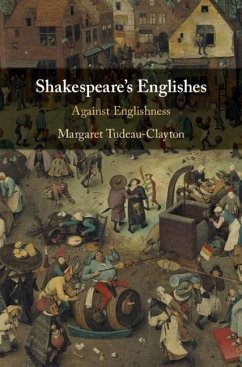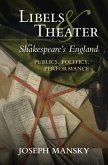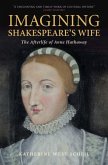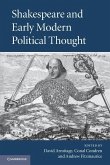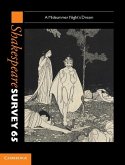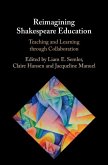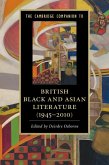Whose English is 'true' English? What is its relation to the national character? These were urgent questions in Shakespeare's England just as questions of language and identity are today. Through close readings of early comedies and history plays, this study demonstrates how Shakespeare resists the shaping of ideas of the English language and national character by Protestant Reformation ideology. Tudeau-Clayton argues this ideology promoted the notional temperate and honest citizen, plainly spoken and plainly dressed, as the normative centre of (the) 'true' English. Compelling studies of two symmetrical pairs of cultural memes: 'the King's English' versus 'the gallimaufry' and 'the true-born Englishman' versus the 'Fantastical Gull', demonstrate how 'the traitor' came to be defined as much by non-conformity to cultural 'habits' as by allegiance to the monarch. Tudeau-Clayton cogently argues Shakespeare subverted this narrow, class-inflected concept of English identity, proposing instead an inclusive, mixed and unlimited community of 'our English'.
Dieser Download kann aus rechtlichen Gründen nur mit Rechnungsadresse in A, B, BG, CY, CZ, D, DK, EW, E, FIN, F, GR, HR, H, IRL, I, LT, L, LR, M, NL, PL, P, R, S, SLO, SK ausgeliefert werden.
Hinweis: Dieser Artikel kann nur an eine deutsche Lieferadresse ausgeliefert werden.

